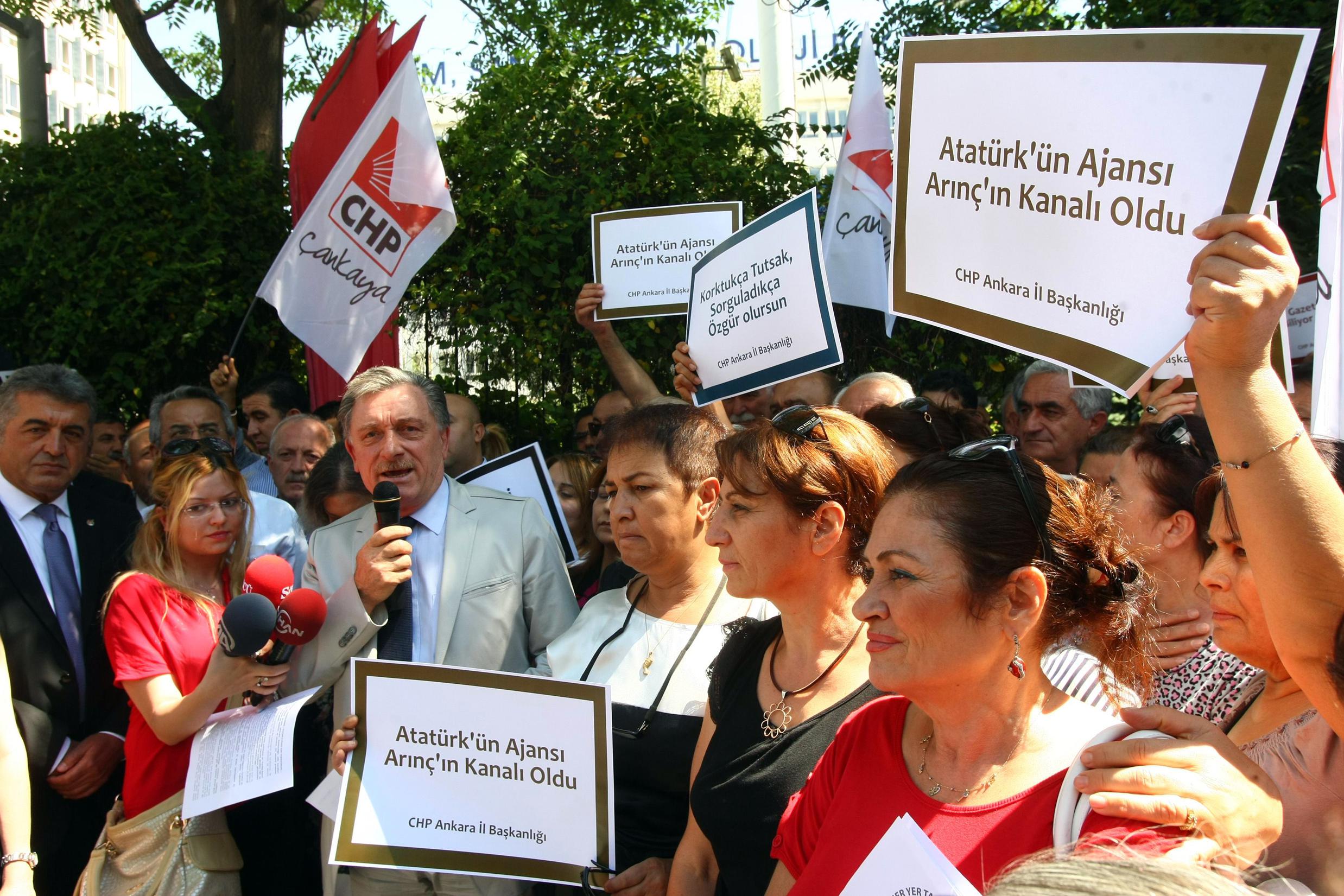Yesterday brought the disturbing news that Mahir Zeynalov, a journalist for the English-language Today’s Zaman newspaper and one of the most prominent and widely followed journalists on Turkish politics, had been deported to his native Azerbaijan for the crime of “posting tweets against high-level state officials.”
Zaman reports that Zeynalov was “already the target of a criminal complaint filed by Prime Minister Recep Tayyip Erdoğan for tweets he posted on Dec. 25, 2013, about a graft scandal that shook the government last year, as Erdoğan says the tweets included ‘heavy insults and swear words in a bid to provoke the nation to hatred and animosity.’ ”
The deportation comes just after the passage of new laws making it easier for the government to censor the Internet.
Turkey already led the world in both the number of journalists in prison as well as attempts to remove material deemed offensive from Google. But things appear to be getting worse in the wake of last year’s Gezi Park protests and the ongoing dispute over corruption investigations launched into Erdogan’s party.
A recent report by Freedom House highlighted the current state of media freedom in Turkey:
Intimidation: Prime Minister Recep Tayyip Erdoğan frequently attacks journalists by name after they write critical commentary. In several well-known cases, like those of Hasan Cemal and Nuray Mert, journalists have lost their jobs after these public attacks. Sympathetic courts hand out convictions in defamation cases for criticism.
Mass firings: At least 59 journalists were fired or forced out in retaliation for their coverage of last summer’s Gezi Park protests. The December corruption scandal has produced another string of firings of prominent columnists.
Buying off or forcing out media moguls: Holding companies sympathetic to the government receive billions of dollars in government contracts, often through government bodies housed in the prime minister’s office. Companies with media outlets critical of the government have been targets of tax investigations, forced to pay large fines, and likely disadvantaged in public tenders.
Wiretapping: The National Security Organization has wiretapped journalists covering national security stories, using false names on the warrants in order to avoid judicial scrutiny.
Imprisonment: Dozens of journalists remain imprisoned under broadly defined antiterrorism laws. A majority of those in prison are Kurds, and some analysts believe the government is using them as bargaining chips in negotiations with the Kurdish PKK.
Not surprisingly, this climate leads to a fair amount of self-censorship. As one journalist fired from the newspaper Milliyet put it, “They told me at [Milliyet], I don’t want news that will irritate the prime minister, but I don’t know what news will irritate him. Anything can be irritating, and once we irritate them they fire us.”
The consequences for irritating the prime minister seem to be getting more severe.
